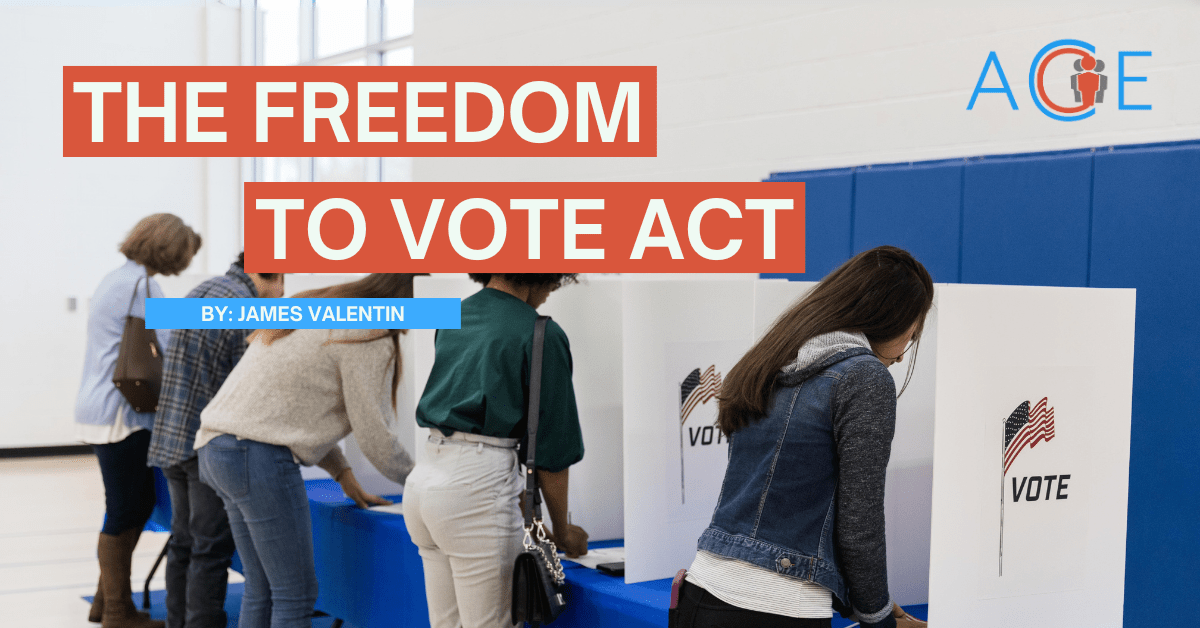The Freedom to Vote Act could dramatically change U.S. elections, from expanding early voting and voter registration to reforming campaign finance and tackling gerrymandering. But is it a necessary step to protect voting rights, or does it give too much power to the federal government? This article breaks down the key provisions and the heated debate surrounding the bill. What do you think? https://ace-usa.org/blog/research/research-votingrights/freedom-to-vote-act-pros-cons-and-impact-on-u-s-elections/
I would easily trade this with a law overturning citizens united and making it clear rights are for living, breathing, citizens and not logical entities. That being said this still mostly seems good but I would like some detail like " establish a standardized vote-by-mail system for all eligible voters" as my state has a pretty nice system and I would hate for it to be made worse like if they for some reason did not allow the multi envelope setup.
The policy seems like a net win, and the downsides seem like they could be addressed.
Interesting to hear early voting decreases voter turnout, I’ll have to go look into that and see if there wasa a hypothesis as to why. That seems really odd to me
Edit: the conclusions drawn in the first linked article point mostly to the circumstances of the election rather than the implementation of early voting as a reason for the lack of a substantial increase in voter turnout. The second article is not available to the public but in part of what is publicly available, it suggests that the implementation of early voting alone isn’t going to increase voter turnout, which kinda suggests their findings are more complicated than just “early voting decreases voter turnout”. The conclusion in the linked blog post seems to be oversimplifying and slightly misstating the research from what I can tell, but the research is super interesting anyway
Link to first study “by an American university” (super odd way to contextualize the research 😅) https://drive.google.com/file/d/0B5A1lFQvBa-iMzJmOWI0OGItMTRlZi00MjQwLTk4YzEtY2QxY2Q3NjEzZmZk/view?resourcekey=0--JUfo8uwxWjoDYG8yKyoFQ
Link to the second study, not available to the public. I didn’t try like research gate or anything like that though https://onlinelibrary.wiley.com/doi/abs/10.1111/ajps.12063
I’d speculate that “today isn’t a good day for me to vote” is simply an uncommon reason for people not voting. Probably more common are things like:
- “My vote doesn’t matter”
- “I can’t wait in a line for hours”
- “My polling place is too far”
The news source of this post could not be identified. Please check the source yourself. Media Bias Fact Check | bot support



